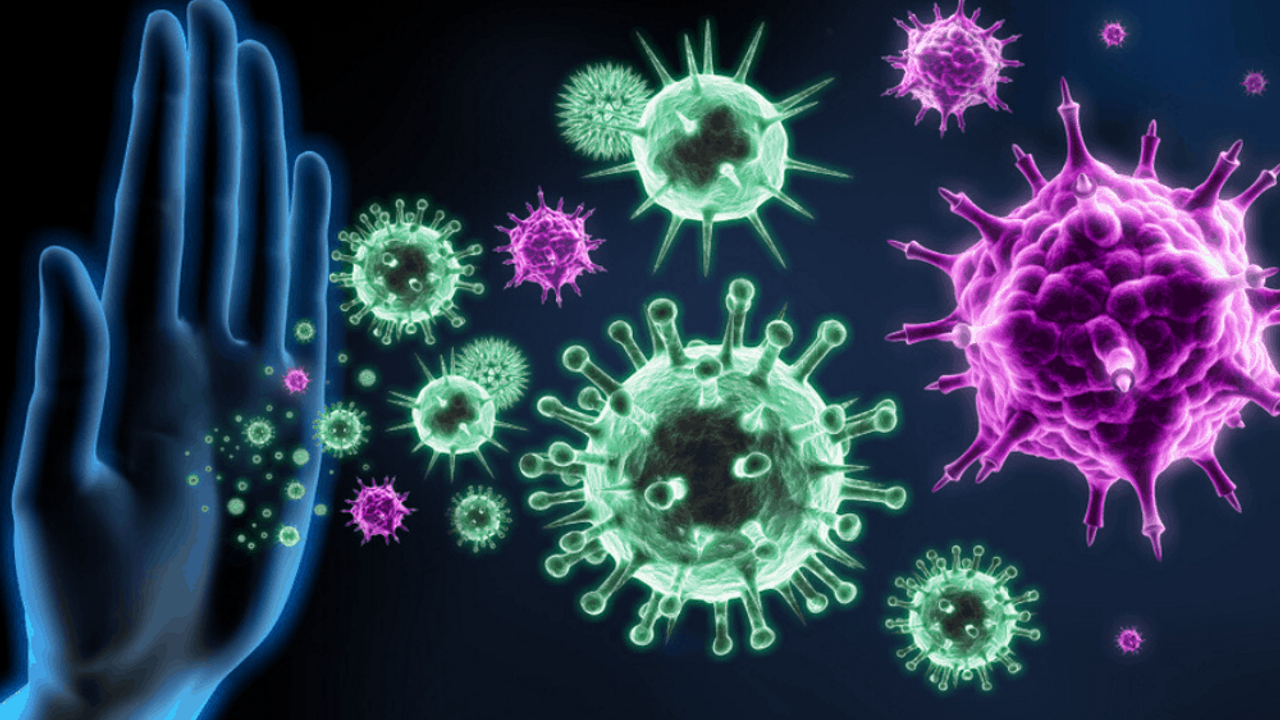Vitamin C and Immunity
Apr 15, 2021
Vitamin C is likely the most well known nutrient when it comes to supporting immunity and keeping the immune system healthy. Whilst clinical trials testing its efficacy as an intervention in an infection have yielded mixed results, we know that vitamin C certainly does have important roles to play within the immune system and many aspects of immunity.
Accumulates in phagocytes
One thing that is certainly clear is that vitamin C can accumulate in phagocytic leukocytes (phagocytic means engulf pathogens, leukocytes are the technical term for white blood cells). Neutrophils and Monocytes accumulate vitamin C to notably high concentrations, 50 – 100 times higher than serum concentrations. There isn’t a complete understanding of why this accumulation occurs, but it is clear that there is a reason for this accumulation, nature doesn’t do these things without need or reason.
Enhances neutrophil chemotaxis
Neutrophil chemotaxis is an important part of immunity and protection against infection. It is the movement of neutrophils to the site of infection. Chemical signals from early stage inflammatory events that arise at the site of infection, cause neutrophils to rush to the site of infection, leave circulation, and migrate through tissues to the area where they are needed to perform their phagocytic tasks. Early animal tests have shown that vitamin C supplementation appeared to drastically increase threat and extent to which neutrophils responded to tissue damage signals and migrated to the site of infection. Human studies in the 80’s and 90’s showed that severe infection can cause a reduction in neutrophil chemotaxis and infiltration, potentially due to excessive levels of some key inflammatory chemicals, but that this picture could be restored by vitamin C supplementation (Anderson et al, Rebora et al).
Enhances phagocytosis
When neutrophils arrive at the site of infection by means of chemotaxis, they then move on to engulf or swallow up pathogens. This process is called phagocytosis. The neutrophil will start to stretch out portions of its membrane to look like fingers, that can engulf the pathogen and then draw it inside the cell. Once inside the cell, the pathogen is exposed to toxic substances that can kill it and then its remnants are expelled. Some clinical trials have revealed that patients with impaired neutrophil function, either due to chronic infections or genetic issues, can get an improved phagocytic response from gram doses of vitamin C.
Generates reactive oxygen species
Macrophages and neutrophils have another weapon in their defensive arsenal. This is the oxidative burst. This is when these cells are confronted with pathogens, they release clouds of powerful free radicals that can destroy bacterial pathogens. Vitamin C is a vital regulator of this.
B and T cells
It appears that vitamin C has an influence on immunity driven by cells outside of the macrophage group. The B and T cells are groups of cells that are regulatory. They help to recruit, regulate, and orchestrate other groups of cells and responses. Different sub sets of these cell types are associated with different types of reactions, and they differentiate into the different sub sets in accordance to what stimuli they come into contact with. Vitamin C has been shown to enhance differentiation and proliferation of B- and T-cells, likely due to its gene regulating effects. Vitamin C appears to influence the immune system by regulating gene expression, which controls how cells respond to stimuli.
In Conclusion
Whilst some of the results from clinical trials using vitamin C in the context of TREATING specific infections and health conditions may be mixed, we certainly understand that as a nutrient it is vital for supporting multiple aspects of the immune system. In this context I feel secure that it plays an important role in prevention of infection. The more effectively key immune responses work, the less chance of infection. Notice I say LESS chance!!!
So when it comes to dosage, I have to admit that much of the data I have found that yielded beneficial results used doses that were gram doses ie multiples of 1000mg at a time, and I personally take 1000mg twice daily with meals. The minimum dose in my opinion would be 500mg daily.
References:
Anderson R. Ascorbate-mediated stimulation of neutrophil motility and lymphocyte transformation by inhibition of the peroxidase/H2O2/halide system in vitro and in vivo. Am. J. Clin. Nutr. 1981;34:1906–1911
Anderson R., Theron A. Effects of ascorbate on leucocytes: Part III. In vitro and in vivo stimulation of abnormal neutrophil motility by ascorbate. S. Afr. Med. J. 1979;56:429–433.
Rebora A., Dallegri F., Patrone F. Neutrophil dysfunction and repeated infections: Influence of levamisole and ascorbic acid. Br. J. Dermatol. 1980;102:49–56.
Bibliography:
Carr AC, Maggini S. Vitamin C and Immune Function. Nutrients. 2017 Nov; 9(11): 1211.

Title of Your Awesome Resource
Lorem ipsum dolor sit amet, metus at rhoncus dapibus, habitasse vitae cubilia odio sed.












